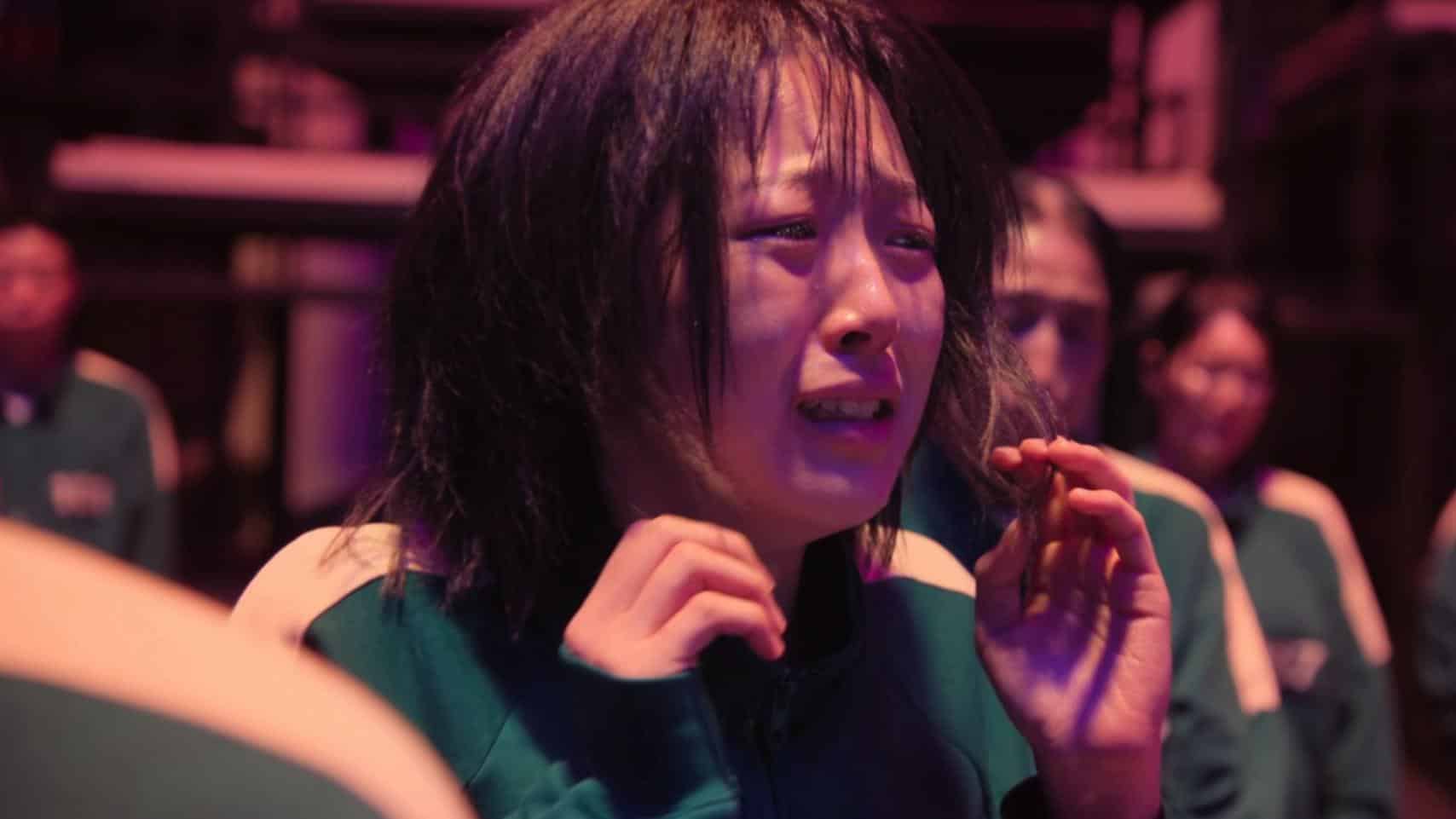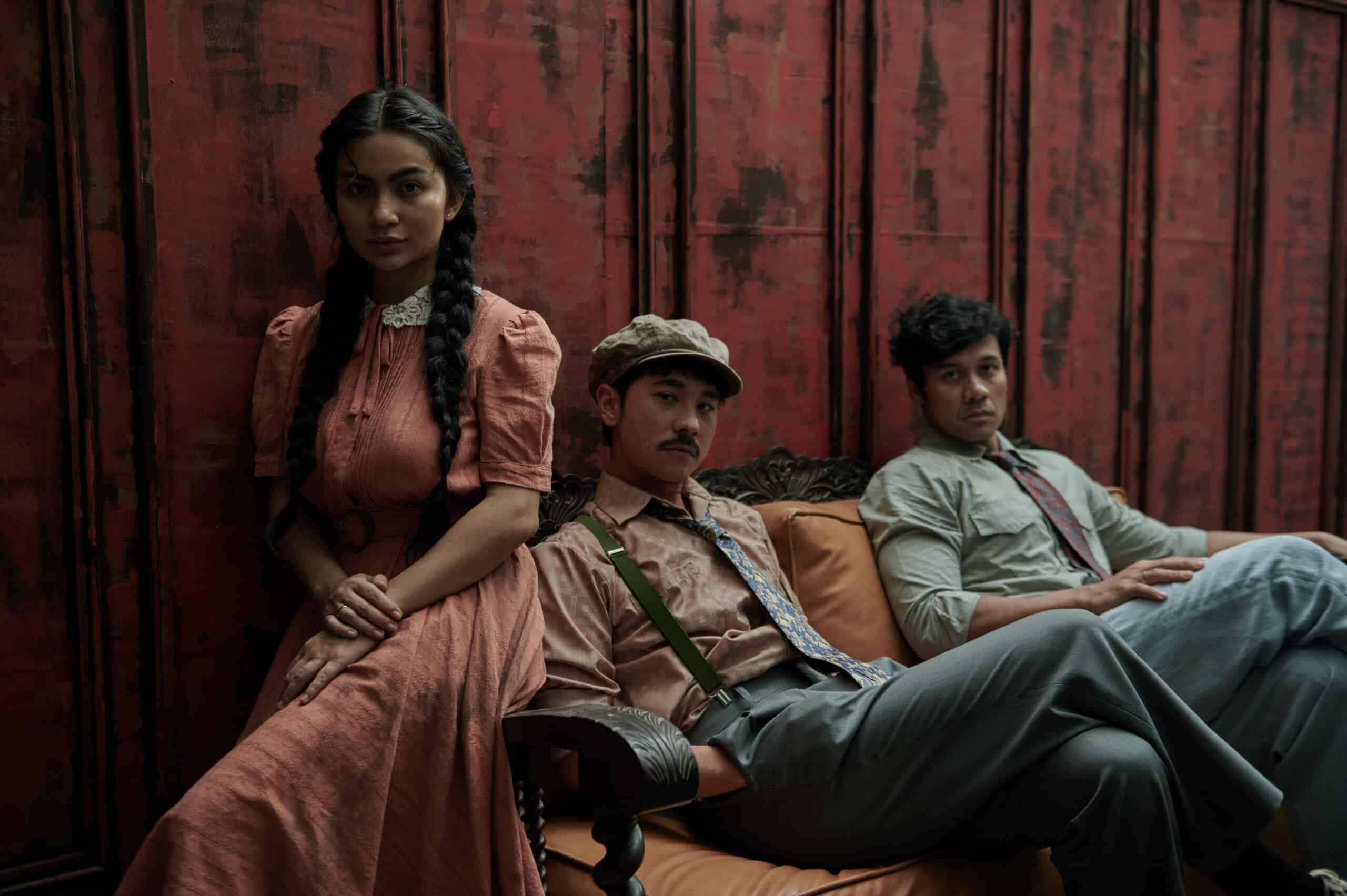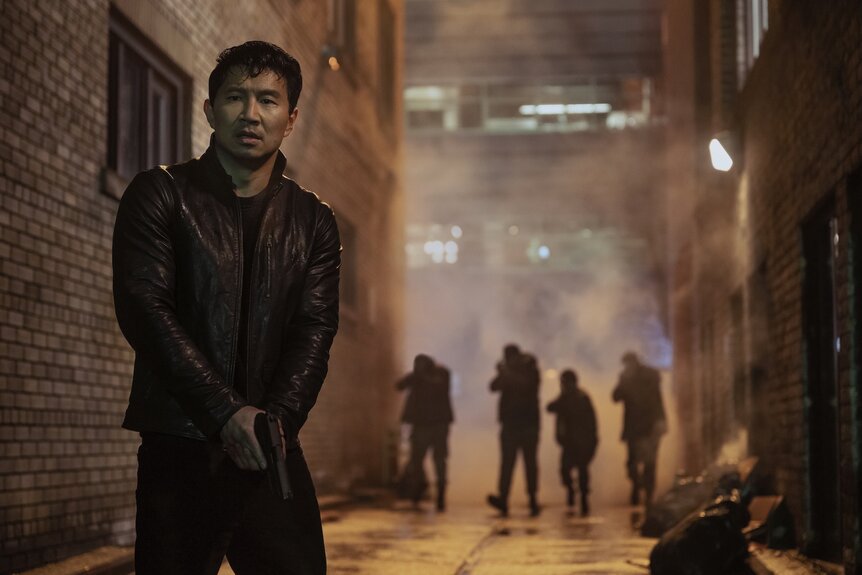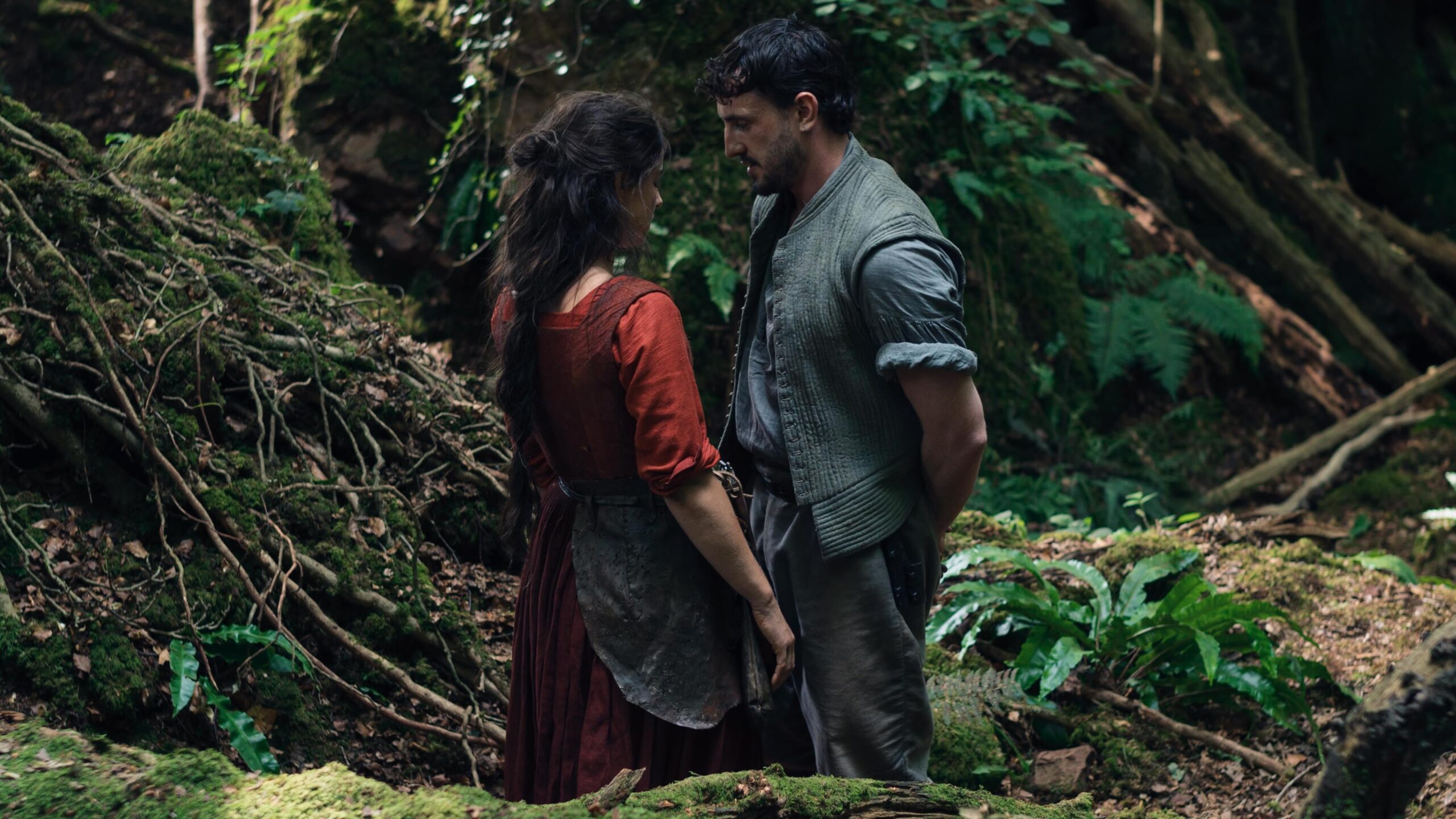The first minutes of Prime Video’s new spy thriller, Butterfly, are an act of misdirection. We see Daniel Dae Kim’s character, David Jung, in what appears to be a typical setup for a genre show: a slick, international locale and the promise of a big, shadowy conspiracy. The show’s marketing leans into this, painting a picture of high-stakes espionage with a diverse cast. You might be expecting something like Citadel, another Prime Video series where the plot moves with the speed of a bullet train and the emotional depth of a puddle. But that’s a clever trick. Butterfly is a different kind of animal entirely. It’s a show that knows its genre’s conventions, embraces them for a good time, and then decides to do something far more interesting.
The core of the series isn’t about who betrayed who in the world of private intelligence. It’s a six-part family drama about a father trying to reconnect with his daughter after nine years of faked death and forced separation. David, an ex-agent, returns to South Korea to find his child, Rebecca (Reina Hardesty), a young assassin who now works for the very organization he founded and left behind. This setup could easily feel forced or overly sentimental, but the show handles it with a surprising amount of grace. The danger and the chase scenes—and there are plenty of them, shot with kinetic energy—are really just the backdrop for a much more intimate, and genuinely affecting, story about trust and abandonment.
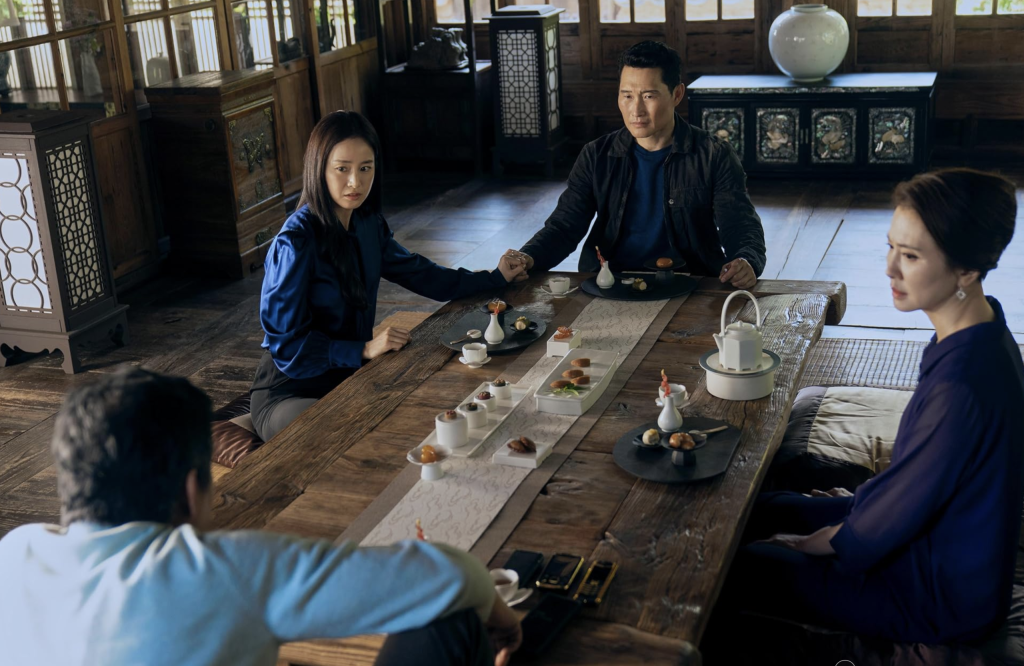
A Parent’s Burden and a Daughter’s Rage
Rebecca’s pain is palpable. She was fourteen when her father disappeared, believing him to be dead. In his absence, she was raised by Juno (Piper Perabo), David’s former partner who has since become the ruthless leader of their organization, Caddis. Juno has molded Rebecca into a skilled, almost-sociopathic killer. This creates an immediate tension when David reappears. Rebecca’s emotional state is a raw, confusing mix of loyalty to the woman who raised her and a deep-seated hurt towards the father who left. She doesn’t express this in tidy, easy-to-digest ways. Hardesty’s performance is a whirlwind of bottled-up fury, sudden laughter, and genuine grief that makes her the most compelling person on screen. It’s a beautifully complicated portrayal of a young woman who has had to grow up far too fast.
David, for his part, is a man haunted by his past decisions, constantly wrestling with the guilt of leaving his daughter behind. He’s trying to make amends, but his protective instincts are outdated. He still sees Rebecca as the child he left, while she’s become a professional with her own opinions and loyalties.
Read more: Daniel Dae Kim Goes Full Spy Mode in ‘Butterfly’ Prime Video Series
Their arguments often feel like an ordinary family fight, only instead of bickering over curfew, they’re arguing about the ethics of assassination and their diverging views on how to handle a global conspiracy. The show uses this dynamic to explore a universal truth: you can’t simply step back into a person’s life and pick up where you left off. Relationships are not static; they evolve, and sometimes they fracture beyond easy repair.
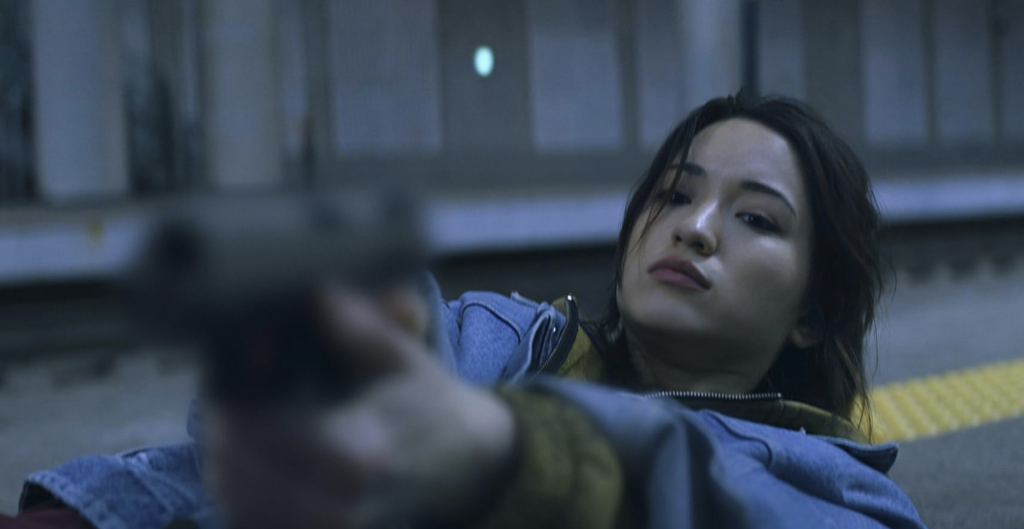
The series is filled with action sequences that are a pleasure to watch. There’s a particular fight on a bullet train that is a highlight, and the various chases through the streets of Seoul and Busan are well-choreographed and exciting. The show’s use of South Korean locations and culture feels lived-in and authentic, not like a flimsy backdrop. We see David and Rebecca bond over traditional Makgeolli and a shared love for American music, a subtle detail that grounds their connection in their shared history. It’s a welcome departure from the tired formula of Asian-American characters having their “cultural identity” handed to them in a single, tokenistic scene.
Where the show falters is with its more conventional thriller elements. The villains and the central conspiracy feel a little thin. Piper Perabo does her best to lend Juno some depth, but the character never fully escapes the mold of the “corporate mob boss.” The wider world of Caddis and its motivations are left intentionally vague, which works for a while, but eventually you want a bit more substance.
Read more: Manny Jacinto’s Hollywood Evolution: From ‘Good Place’ Doofus to Rom-Com Leading Man
The twists are not so much twists as they are logical steps you can see coming from a mile away. But the show seems to know this. It gives just enough attention to the spy part of the story to keep things moving, but its true focus is always on the emotional core. It’s a smart choice, and it’s what makes Butterfly a surprisingly good and worthwhile watch.



